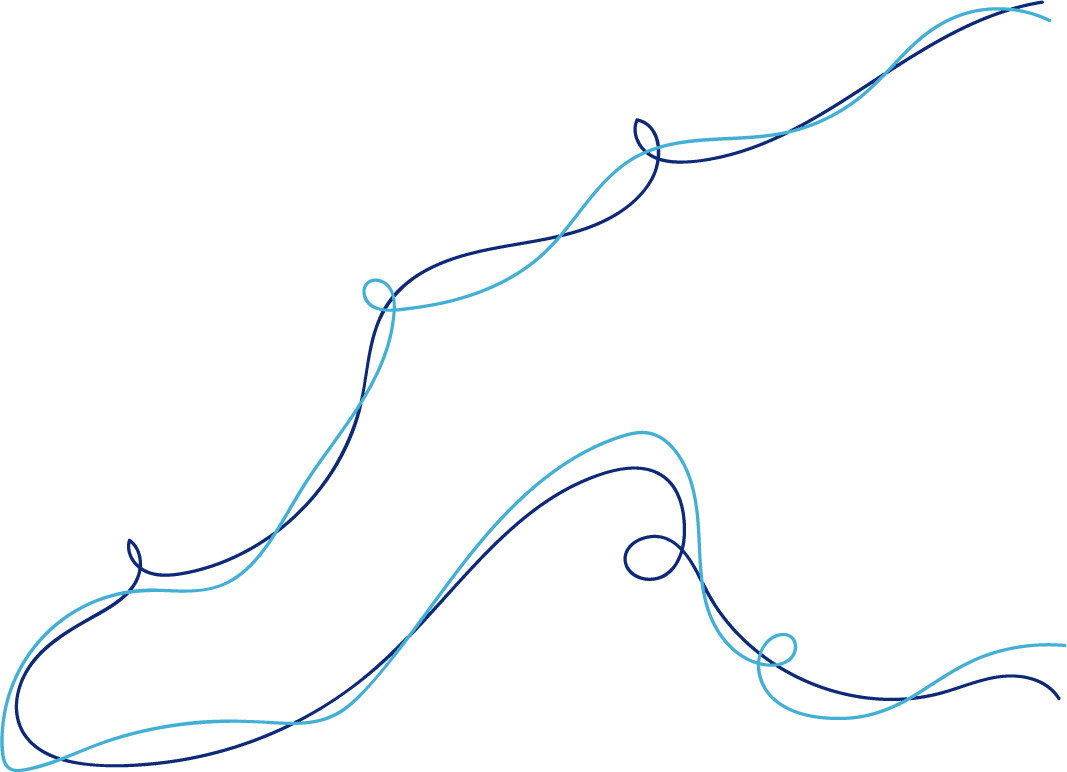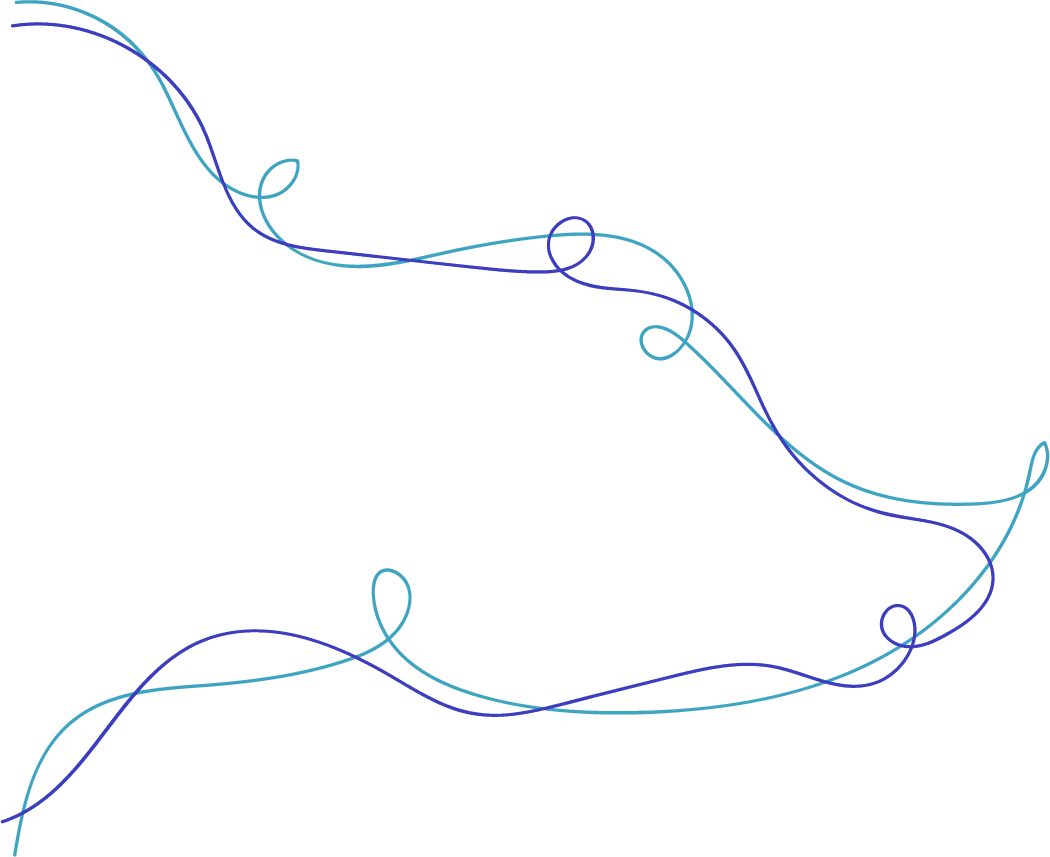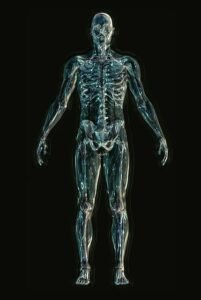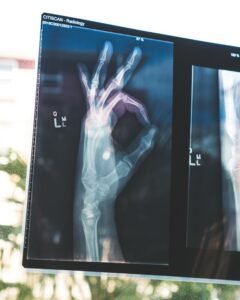TEL: 07366693154



 Our bones provide structure, our joints enable movement, and our muscles provide strength. Together, they form the musculoskeletal system, vital for our physical shape, organ support, and overall well-being. Stress on this system impacts us physically, emotionally, and socially, limiting our activities and community contributions. At Higher Healing, we understand this interconnectedness and offer a holistic approach to address musculoskeletal concerns.
Our bones provide structure, our joints enable movement, and our muscles provide strength. Together, they form the musculoskeletal system, vital for our physical shape, organ support, and overall well-being. Stress on this system impacts us physically, emotionally, and socially, limiting our activities and community contributions. At Higher Healing, we understand this interconnectedness and offer a holistic approach to address musculoskeletal concerns.

Bones are composed of minerals like calcium and phosphorus, along with collagen. Calcium provides strength, and its levels are influenced by diet, especially vitamin D and calcium intake. Joints connect bones, allowing movement through the cushioning of cartilage and synovial fluid. Muscles, of which there are over 600, pull on joints to facilitate movement and contribute significantly to body weight.
We have three types of muscles:

Age, injury, or excess weight can cause wear and tear on cartilage, leading to joint damage and conditions like arthritis (inflammation of the joints). Muscle problems can range from weakness to pain and stiffness. Common pathologies include arthritis, muscle weakness, rheumatoid arthritis, osteoarthritis, cartilage tears, osteoporosis, fibromyalgia, and repetitive stress injuries.
Joint issues can manifest as redness, swelling, tenderness, warmth, limping, locking, loss of motion, and stiffness. Muscle problems can lead to weakness, poor posture, fatigue, diminishing strength, and back pain.
 Joints
JointsProblems with joints often correlate with feelings of resentment and anger related to perceived shortcomings or failures in relationships or projects. Suppressed anger towards influential figures and a history of hostility, blame, and lack of trust may also play a role.
The location of joint pain can offer further clues to specific emotional themes.
Bone issues can indicate feeling trapped in resentful situations, pushed beyond limits, or outside one’s comfort zone. The anger and frustration tend to be deeper and more intense than with joint problems, impacting self-worth and reinforcing limiting beliefs.
Muscle weakness can symbolize inner weakness stemming from emotional exhaustion, feeling overwhelmed, rigidity, or guilt. Anxiety can paralyze, hindering progress and goals. Old fears and traumas may contribute to shock, horror, or numbness.
All emotions are connected to belief systems shaped by life events, both significant and recurring. These events, stored in the subconscious, need to be addressed and released.
Techniques like Emotional Freedom Technique (EFT), Matrix Reimprinting, and Medical Intuition, used in our Energy Psychology and Holistic Health packages, help identify and clear the emotional energy behind these memories, shifting limiting beliefs.
Addressing musculoskeletal issues requires a holistic approach, considering the interconnectedness of body, mind, and soul. This involves:
We offer a tailored approach to health, recognizing that everyone is unique. Our qualified therapists in Naturopathy, Nutrition, Emotional Freedom Technique, Matrix Reimprinting, and Medical Intuition provide comprehensive support to restore balance. We also offer functional testing to assess imbalances and provide a clear picture of your health.
Begin your journey to a higher level of healing. Contact us today to discover how Higher Healing can help you transform your musculoskeletal health.